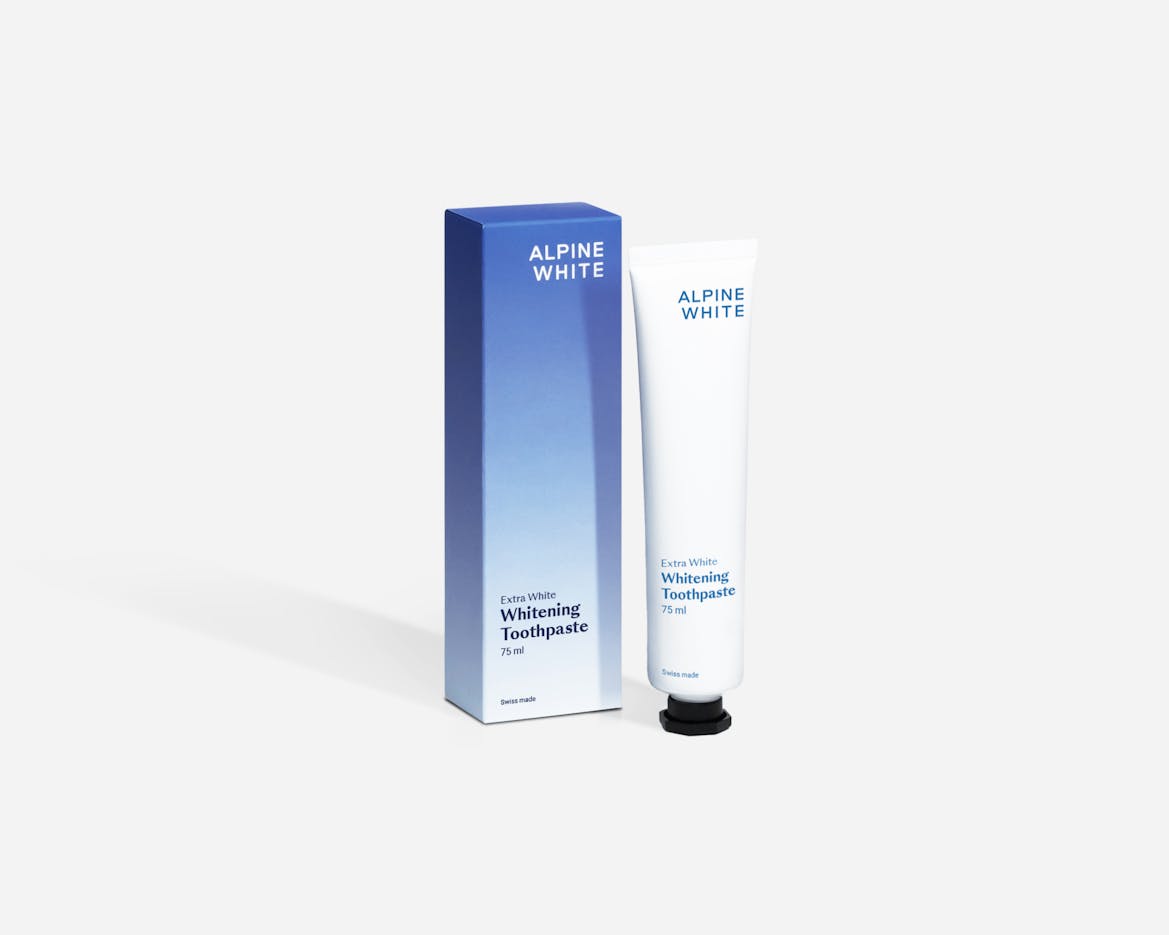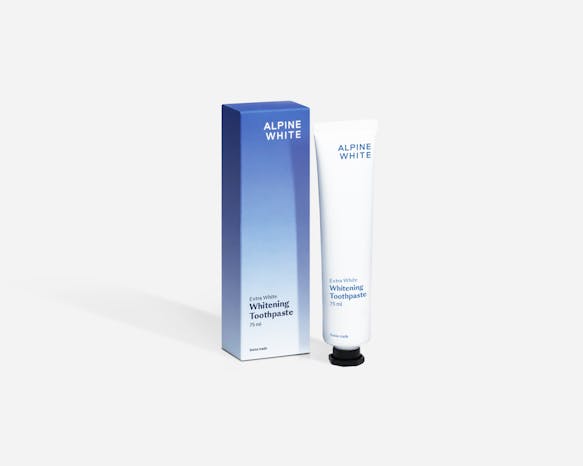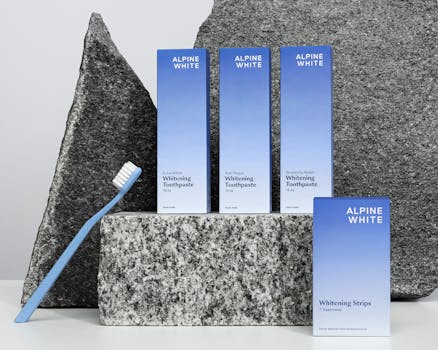Fight halitosis and know the causes
Almost everyone has bad breath from time to time, and the reasons for halitosis are many. The unpleasant thing is that you cannot smell your own breath. From bad breath in the morning, onion bad breath to sweetish bad breath to faecal bad breath, it comes in many different forms.



On the one hand, bad breath can be caused by an accumulation of bacteria resulting from incomplete oral hygiene. On the other hand, the unpleasant breath can be triggered by diet, insufficient fluid intake or a disease.
Halitosis does not usually come from the teeth, but in most cases from the throat or, more rarely, from the stomach. This explains why bad breath is common despite tooth brushing. Toothpaste against bad breath therefore only helps to a limited extent and usually does not combat its actual cause. Halitosis is a taboo subject in society. Here you can find out how bad breath develops and how to get rid of it.
What is halitosis?
Bad breath is called halitosis or foetor ex ore in dentistry. Halitosis is an oral health problem where the main symptom is a bad-smelling mouth odor. In the case of long-term bad breath, the underlying cause is often a disease of the teeth, gums or metabolism. In the latter case, bad breath cannot be treated so easily, but the cause must first be explored.


The perfect teeth whitening routine for at home. The Whitening Bundle combines all the necessary products: Charcoal Powder to remove discoloration, Whitening Strips for teeth whitening and the Whitening Foam for the instant whitening effect.
- The coordinated routine for your teeth
- Easy and fast to use
- Whiter teeth after 3 days
Causes of bad breath
The cause of strong halitosis is usually poor oral hygiene, periodontal disease and a bacterial imbalance in the oral cavity. The unpleasant breath odor is caused by the buildup of bacteria - especially plaque bacteria, which are responsible for the decomposition process of organic substances in the oral cavity. These bacteria then accumulate at the gum line around the teeth or the back of the tongue. Not properly cleaning the dentures can lead to gum disease. The accumulation of bacteria also occurs during sleep, which is why the morning breath is rarely fresh.
This cause can already be remedied by sufficient and careful dental hygiene. This means that you should brush your teeth at least twice a day and floss regularly to clean the spaces between your teeth. In this way, you can create a good basis for eliminating bad breath.
Halitosis
If the breath from the nose smells unpleasant, which means halitosis is present, the most common causes are in the throat or sinuses.
Causes of halitosis include:
- Diets and fasting cures
- Chronic rhinitis
- Chronic sinusitis
- Tumours in the nose and throat
- Respiratory diseases
- Nasal polyps
- Sinus infection
Bad Breath due to caries
Existing tooth decay can also trigger halitosis. Pathogens such as streptococci primarily process sugar into acid, which in turn dissolves minerals from the tooth enamel and damages the tooth. These bacteria can also damage the gums, whereby inflammation of the gums (gingivitis) can, in the worst case, lead to periodontitis - an inflammation of the supporting apparatus as well as the tooth bed due to increased plaque. These inflammations in the oral cavity promote bad breath.
Dry mouth as a source of halitosis
During stress and psychological strain, the body releases hormones that lead to less saliva in the mouth. The reduced saliva flow in a dry mouth makes it less easy to remove food debris and plaque. Lack of fluids, alcohol and tobacco products also contribute to a dry mouth (xerostomia). Severe drying of the oral mucosa can also lead to halitosis; this can happen when you have a cold or when you sleep with your mouth open. Sufficient saliva is important for good oral hygiene because it ensures that food residues are rinsed out of the mouth. A dry mouth promotes the accumulation of bacteria and can thus be a cause of halitosis. Salivary glands can also be the reason for a dry mouth.
Halitosis due to the nose, tonsils or throat
Possible causes of bad breath from the mouth can also be problems with the ear, nose and throat if they build up to a postnasal drip.
Bacteria can infect the tonsils, causing tonsillitis and poor oral hygiene. Tonsil stones can form from deposits on the tonsils, causing odor-causing bacteria.
Inflammation of the throat can develop due to flu or a cold. These fours then also cause an unpleasant smell to come out of the mouth.
Some people suffer from chronic bad breath, and this is usually due to a disorder in the nasopharynx.
Stomach and intestines as a cause of halitosis
Many people assume that the cause of their bad breath is in the gastrointestinal tract. However, this is a common misconception. Often stomach diseases cause a sour oral malodour. The following gastrointestinal diseases can be causes of oral malodour:
- Heartburn
- Reflux disease
- Diverticula in the gastrointestinal tract
- Infection with Helicobacter pylori
- Disturbances of the intestinal flora due to food intolerances
- Kidney disease
Halitosis due to your diet or medication
Countless other causes leave to oral malodor. Diets and your medical condition also play an important role. Besides the well-known foods and stimulants such as alcohol, onions or garlic, coffee, cheese or fish can also be triggered. When food is processed, some types of bacteria release fatty acids, polyamines and volatile sulphur compounds. This in turn leads to bad breath. Volatile sulphur compounds are extremely odour-active and are produced by microorganisms that are more common in oral diseases such as periodontitis. A six-fold prevalence of tongue coating was found in patients with periodontal disease compared to normal individuals. Diseases of the periodontium are therefore often accompanied by unpleasant breath.
In rare situations, bad breath can suddenly develop due to side effects of certain medications or occur in diseases of the digestive system. In the latter case, heartburn is a common accompanying symptom.


Would you like the maximum whitening result every time you brush your teeth? Then this Toothpaste with Activated Charcoal and an optical blue light filter is just made for you. For gentle daily dental and oral hygiene.
- Ensures extra-white teeth
- Based on our clinically tested Whitening formulation
- Remineralizes the enamel and relieves existing tooth sensitivity
- Antioxidants for healthy gums
- Formulated and produced in Switzerland
Tips for the treatment of halitosis
In general, regular dental healthcare check-ups lead to improved oral hygiene. In addition, saliva cleans your mouth and contributes to fresher breath. Drinking plenty of water, vegetables or citrus fruits also stimulates saliva production and improves your health condition. If you regularly clean your mouth of food particles by brushing and flossing, you will prevent bad breath.
In addition, you can clean your tongue with a special tongue scraper to gently remove tongue plaque. This is especially important if you have been diagnosed with periodontitis or gingivitis. In principle, however, the tongue cleaner can also be a normal toothbrush with which you brush the tongue with the bristles. Your dentist might also recommend you antimicrobial mouth rinse to fight the bad breath. Chewing gum and mints can be used to promote salivation and thus also improve breath odor in the short term. In addition, professional dental hygiene can remove stubborn plaque and remaining food particles that are difficult to reach by yourself.
In general, you should not use antibacterial mouthwashes, mouth sprays or supposed home remedies for halitosis on a long-term basis. Although these disinfect the oral cavity, they only kill putrefactive bacteria in the short term. They can also kill important bacteria that are needed for healthy oral flora. Anyone who suffers from regular and extremely bad breath should see a dentist to find the cause and recommend the appropriate treatment. Halitosis can be treated, and while there are many causes, there are also many solutions.



